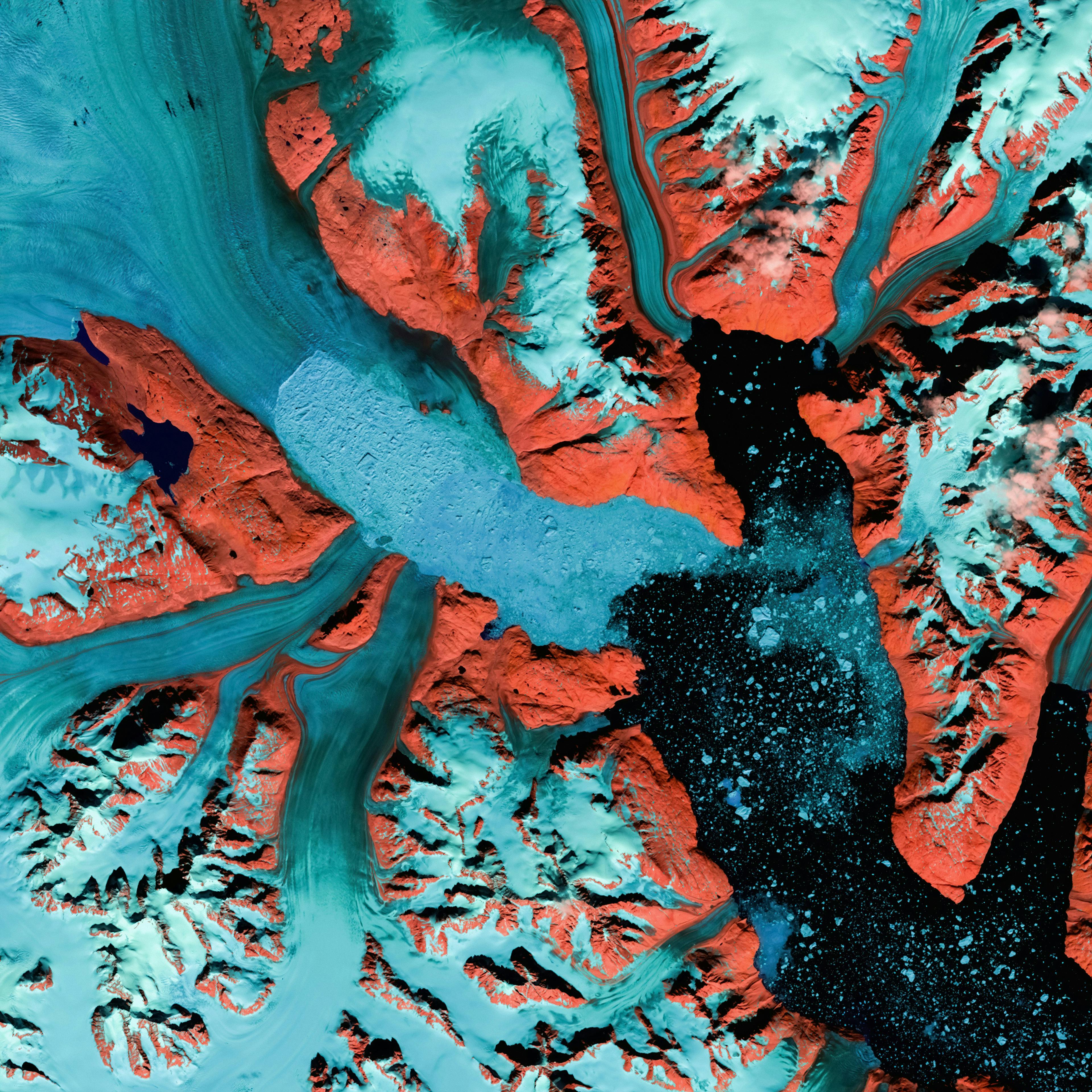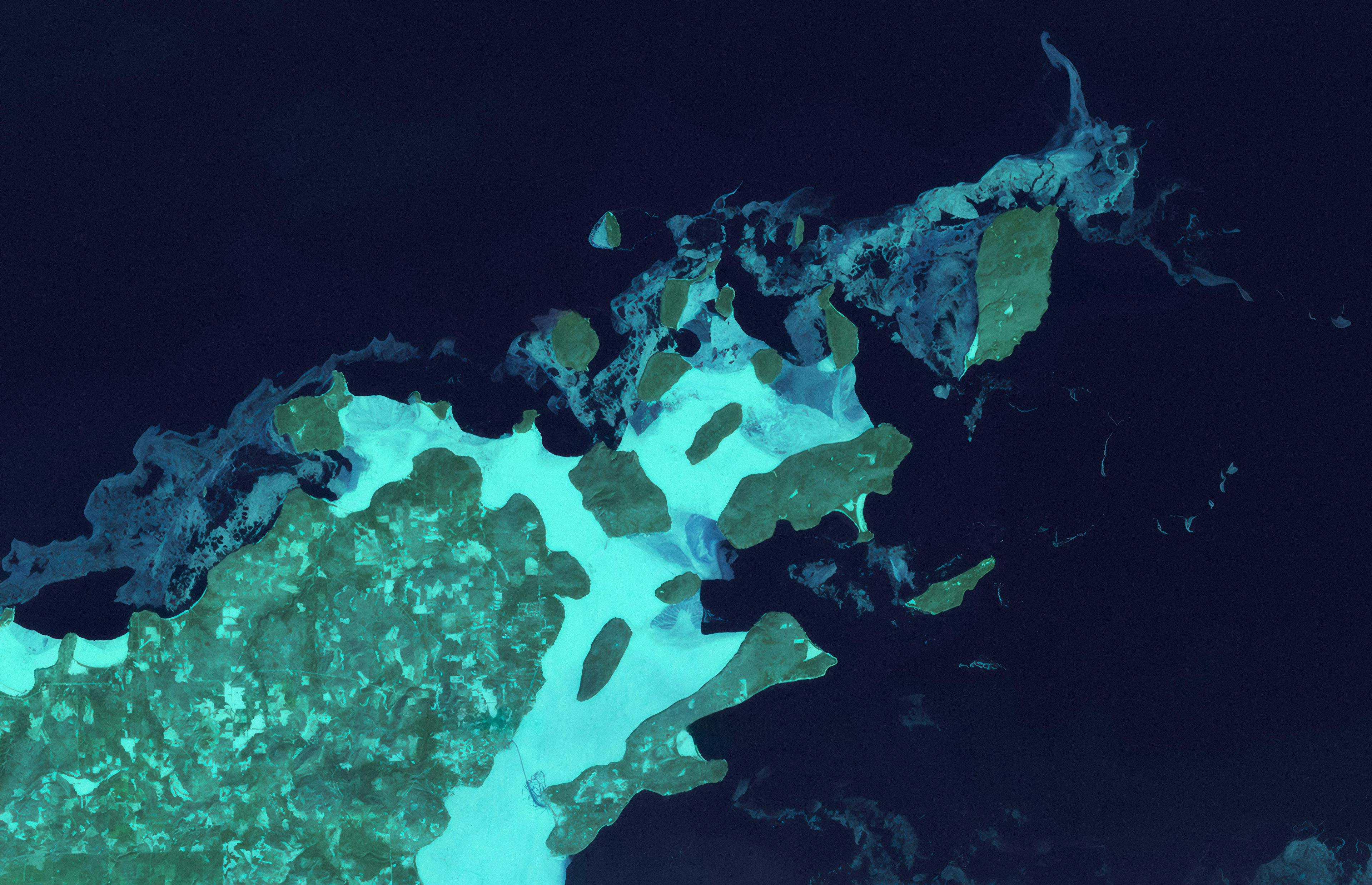
“The challenge is the right to knowledge for all” Alain Bensoussan on the legal implications of AI

Artificial intelligence (AI) is not merely a technological marvel but a rapidly growing presence in various aspects of our lives. It encompasses everything from simple automation to complex decision-making processes. As AI continues to develop, so too must the legal frameworks that govern its use. In this context, the insights gleaned from a recent discussion we had with Alain Bensoussan, a renowned French lawyer specializing in digital law, are particularly valuable.
Bensoussan’s career is marked by his pioneering work at the intersection of law and technology. He has authored numerous publications since the 1980s, including this year’s ChatGPT dans le monde du droit (in French only), which introduces the concept of legal cobotics, referring to AI-assisted legal practice. His contributions have earned him multiple awards and honors, including the American platform Best Lawyers’ Lawyer of the Year in the categories of Information Technology Law and Technology Law.
His perspectives illuminate the challenges and opportunities presented by AI, offering a comprehensive look at how law, and more precisely copyright, are evolving to meet the needs of an AI-driven world.
A revolutionary shift in knowledge accessibility
Bensoussan began our conversation by redefining what is at stake when it comes to AI in the legal field. According to him, the current debate often overlooks the bigger picture: “The challenge is not copyright. The challenge is not large language models. The challenge is the right to knowledge for all.”
Bensoussan described a pivotal moment in November 2022, when OpenAI’s ChatGPT 3.5 was released, revolutionizing public access to information. “From 3400 BC up until November 2022, knowledge was not available in real time and for free. It was subject to economic, technical, political, and access fragmentation. Facebook enabled humanity to connect. Google provided access to documents available on the internet. OpenAI made all knowledge available to the world for free.”
Protecting the right to knowledge
Bensoussan stressed the importance of balancing the rights of creators and consumers of knowledge. “The challenge is to protect this right of free access to culture and knowledge. We must find a new compromise, an equilibrium between the right to read and the right to authorship.”
He pointed out that historical compromises, like those found by Beaumarchais, a versatile French playwright, inventor, and revolutionary figure of the 18th century who faced challenges with unauthorized reproductions, adaptations, and performances of his plays, need to be revisited and updated in light of current technological advancements. “At no time was reading prohibited. What was regulated were the rights of the author. Similarly, today, we must protect authors but also protect readers.”
Co-creating with AI
Bensoussan used the analogy of a musical instrument to illustrate the transformative role of AI in knowledge creation and dissemination. “With a prompt, we move from doing to having things done.”
He likened the prompt to a bow and the AI model to a violin, emphasizing the cooperative nature of this new relationship. “The challenge is not just about creating new works but co-creating them. AI tools do not merely assist, they cooperate on an equal footing with human intelligence. When I wrote my last book with AI, it did three-quarters of it. AI was the violin, I was only the bow.”
The economic and professional impact of AI
Bensoussan acknowledged that AI would have a significant impact on various professions, including law. “Many will be affected. For lawyers, one in two might be replaced. For corporate lawyers and doctors, it’s similar.”
However, he highlighted that this shift would also lead to the emergence of new professions: “The creation of tomorrow is not just about objects but about the tools of creation. New professions will emerge. And the more competent you are, the more magical the gain of AI. I could never have written a 700-page book on digital law, artificial intelligence, and personal data within a month without AI. It would have taken me 73 years to do what it did in three seconds.”
Bensoussan envisions a future where the collaboration between AI and humans will reshape the landscape of professional expertise and learning. “Experienced people will have the knowledge and skills available even if they don’t have the diplomas. And young people will have all the experience without having actually lived through all the mistakes of others.”
A change of paradigm
“Traditionally, value was measured by the time invested in both intellectual and industrial work, as Karl Marx noted, excluding the unique emotional value of art,” Bensoussan pointed out. “Now, with AI and human intelligence combined, value is shifting from being time-based to creation-based.” In other words, value is no longer solely determined by the time expended but is increasingly rooted in the act of creation itself, irrespective of the time taken.
As we move forward, the emphasis lies not on individual labor but on the collective creative endeavor facilitated by the partnership between human ingenuity and AI. This collaboration heralds a new era where value is derived from the synergy between human creativity and technological innovation. “Therefore, the co-author becomes the focus of tomorrow because the value is no longer based on human labor alone but on the creative effort in cooperation with artificial intelligence.”
A call for humanistic and universal rights
Bensoussan concluded with a call for adopting a humanistic approach to the regulation of AI and the protection of knowledge. “It is not up to the regulator to regulate this technology. It is up to the people of this planet to define the natural rights that must be imposed, regardless of their civil recognition.”
He stressed the need for a universal and humanistic approach to the right to knowledge: “We must protect both the creators of today and the creators of tomorrow who will be able to produce new works, not created solely by AI, but collaboratively.”
As we navigate this new era, Bensoussan’s vision underscores the profound need for a thoughtful and forward-looking approach to the legal and ethical challenges posed by AI. His insights remind us that the future of knowledge and creation is not just about technology, but about striking a balance that protects both the rights of authors and the right to access information. By fostering a collaborative relationship between AI and human intelligence, we can democratize knowledge, innovate responsibly, and ensure a humanistic approach that respects and enhances our shared intellectual heritage. Welcome to a future where creativity and knowledge are co-authored by humans and AI, heralding a truly transformative era. Welcome to the new world!



